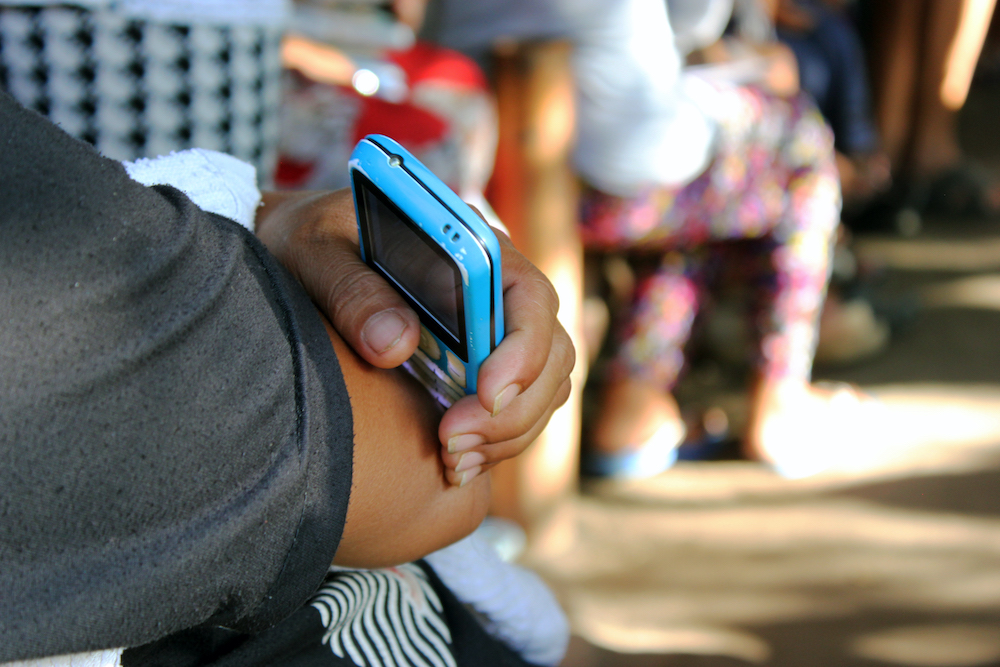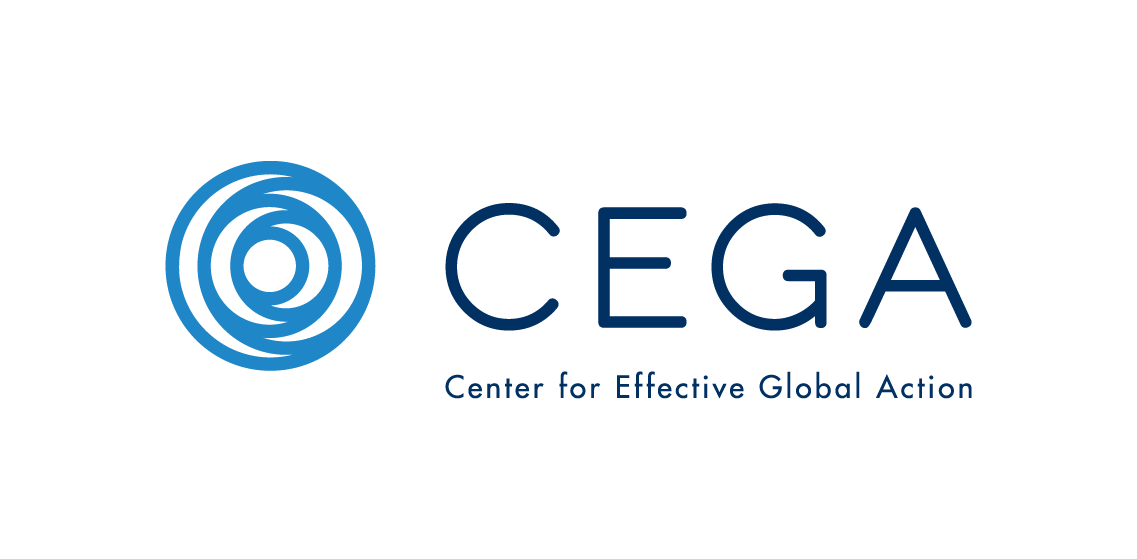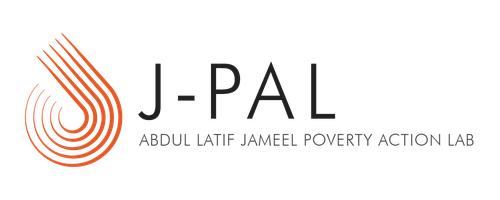Can Text Messages Help Prepare for Financial Shocks from Natural Disasters? Evidence from the Philippines

Researchers are working with IPA Philippines and the Philippines Department of Social Welfare and Development to pilot a randomized evaluation that measures whether text messages help emergency cash transfer recipients manage the financial impacts of natural disasters.
The effects of climate change have increased the occurrence of natural disasters, which affected nearly 200 million people worldwide in 2022. According to the WorldRiskReport 2023, the Philippines is the country most vulnerable to climate change,1 and low-income families are disproportionately impacted by climate-related disasters.2
To provide immediate disaster relief and financial recovery support, the Philippines Department of Social Welfare and Development’s (DWSD) Emergency Cash Transfer program delivers unconditional cash transfers to disaster-affected households. Although unconditional transfers have been successful in supporting financial resilience to shocks across contexts,3 there is a research interest to determine whether relevant, disaster response advice and information can magnify the effects of the cash.
Researchers are partnering with IPA Philippines and DWSD to pilot a randomized evaluation to measure the effects of timely advice sent via text messages on cash transfer recipients’ resilience to climate-related disasters. These messages, sent alongside the cash transfer, include general information on budgeting and financial planning plus specific strategies on how best to utilize the transfer. Households in DWSD’s Emergency Cash Transfer program in 8 barangays (districts) have been randomly assigned to either receive the text messages (with a portion receiving the specific strategies) or serve as the comparison group. Researchers will conduct a follow-up one month after sending the text messages to evaluate their effects on recipients’ financial health, food security, ability to cope with shocks, and physical and psychological health.
Results will be available later in 2024.
Sources
1. World Risk Report 2023. Bündnis Entwicklung Hilft, Ruhr University Bochum – Institute for International Law of Peace and Conflict 2023. https://weltrisikobericht.de/en
2. ReliefWeb Press Release, “Save the Children PH says climate disasters affect children, 5.6m poor families,” ReliefWeb, June 9, 2023, https://reliefweb.int/report/philippines/save-children-ph-says-climate-disasters-affect-children-56m-poor-families
3. Adhvaryu, Achyuta, Teresa Molina, Anant Nyshadham, and Jorge Tamayo. "Helping children catch up: Early life shocks and the progresa experiment." The Economic Journal 134, no. 657 (2024): 1-22.
Baird, Sarah, Jacobus De Hoop, and Berk Özler. "Income shocks and adolescent mental health." Journal of Human Resources 48, no. 2 (2013): 370-403.
Implementing Partner

Funding Partners













